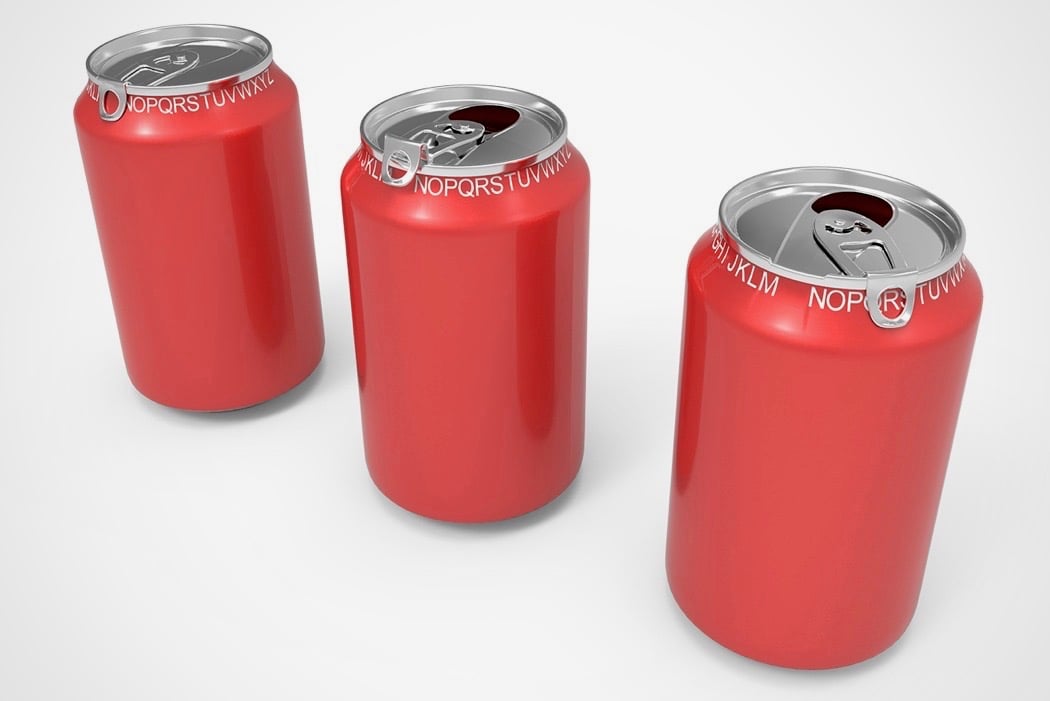An IVA (Individual Voluntary Arrangement) is a formal agreement between you and your creditors to pay back some of what you owe over a set period. It can help you take control of debt, avoid bankruptcy and protect your assets. However hiding a bank account from an IVA is risky and can have serious consequences if discovered.
Why People May Want To Hide Bank Accounts
There are a few reasons why someone with an IVA may consider hiding a bank account:
- To keep money that could otherwise go towards IVA repayments
- To spend extra money on non-essentials during the IVA term
- Out of fear the IP will increase payments if they know about extra funds
- To secretly accumulate savings or make investments
Some people in IVAs feel the repayments are barely affordable, So hiding funds can seem tempting if you want more disposable income
Others may worry declaring savings means higher repayments. This isn’t always the case but some hide accounts regardless.
Is It Possible To Hide An Account?
Hiding a bank account from an IVA is extremely difficult and not advisable. Here’s why:
-
You must declare all accounts, assets and income when applying for an IVA. Failing to do so means the IVA could be rejected.
-
IVAs involve regularly submitting bank statements and income evidence. Undeclared accounts would be noticeable.
-
Insolvency Practitioners can request bank statements at any time during the IVA. Hidden accounts would be revealed.
-
Creditors can also ask to see bank statements and corroborate them against declared accounts.
-
HMRC will be aware of your income and can share data with the IP if discrepancies arise.
-
Significant, unexplained expenditures from your known accounts may indicate hidden funds.
So realistically, an Insolvency Practitioner will likely become aware of any accounts you fail to disclose.
What Happens If You Hide An Account?
If an IP discovers you hid a bank account, it can have serious repercussions:
-
Your IVA is likely to fail. This means it will be cancelled and your debt liability returns.
-
Creditors can restart collection and enforcement action against you.
-
Your creditors have grounds to make you bankrupt.
-
You may have to pay Insolvency Practitioner fees for the failed IVA.
-
Your credit rating will be severely damaged for 6 years from start of IVA.
-
You could face legal prosecution for fraud and false accounting.
-
Future applications for credit or loans will be impacted for years.
-
It may affect your ability to act as a company director or trustee.
So hiding accounts could make clearing your debts via an IVA impossible. It can also lead to further financial and legal difficulties.
What To Do If Your Circumstances Change
Instead of hiding a bank account, there are proper procedures to follow if your situation changes during your IVA:
You receive a windfall
- Inform your IP immediately. Some IVA terms say windfalls over £500 must go into the arrangement.
Your income increases
- Declare any increase in earnings to your IP as soon as possible. They’ll review if your repayments need adjusting.
You need an account for business purposes
- Discuss this requirement with your IP and gain their approval before opening the account.
You want to start saving
- Speak to your IP about how much you can reasonably save each month. They may allow limited savings.
Open communication with your IP means they can adjust your IVA terms accordingly. Hiding accounts risks your arrangement failing and further financial difficulties.
Hiding a bank account from an IVA is extremely challenging and the repercussions are severe if caught. It can lead to arrangement failure, bankruptcy and prosecution. So it’s critical you disclose all accounts and income to your Insolvency Practitioner. If your situation changes, speak to your IP about adjusting your IVA terms rather than trying to hide funds. This gives you the best chance of successfully completing your IVA and becoming debt free.

What Happens If Your Circumstances Change Whilst In An IVA?
Financial and personal circumstances can change, and given that an IVA can last up to 6 years, it’s very common for people’s income to increase during the arrangement. Although it doesn’t happen for everyone, coming into a large sum of money is quite common.
These windfalls, such as a lottery win or an inheritance, are naturally unexpected, so you may be wondering if you’ll be obligated to pay it towards the IVA. If you’ve received a lump sum, check whether your IVA includes a windfall clause.
If it does, any windfalls you receive will have to be paid into the IVA. If the windfall amount is more than your debt, you’ll be expected to pay off the IVA early as well as paying the Insolvency Practitioner fees. However, if the amount you receive is under £500, you’ll be able to keep the money.
If your earnings increase during your IVA, you must contact your IVA provider straight away and fill out a change of circumstances review. By completing this review, your provider will be able to check if your monthly payments should increase.
However, not all pay rises will mean your monthly repayments should change, for example, if your living costs have also increased. But failing to notify your provider of any pay rises or increases could put the success of your IVA in jeopardy.
You may also receive a commission, overtime, or bonuses. Unlike pay rises, these extra sources of income are considered unpredictable income. IVA terms typically allow you a 10% leeway on the allowed income. If you go over the 10%, any extra money would need to be put towards the IVA.
If you receive money, it’s always better to put it towards your IVA as soon as possible. Your agreement is there to help you rid your life of debt, and risking it being terminated by failing to declare additional income isn’t worth the risk.

Is It Possible To Hide Money At The Start Of An IVA?
The way an IVA is set up makes it very difficult for you to hide money from the arrangement. Every source of earnings or income will have been declared as you begin the IVA, and any leftover funds will go towards the IVA payments; otherwise, you risk breaching the agreement.
Once the IVA starts, you’ll be entering into a legally binding agreement with the creditors that will allow you to pay off your debts through monthly payments that are affordable for you. In exchange, the creditors will agree to write off any remaining debt once the payment term is over.
When your Insolvency Practitioner starts drafting up your IVA proposal, the monthly payments will be based on what you can comfortably afford. They will take into account every source of money you have, from your monthly income and living costs to extra earnings, bonuses, and even your savings.
If you’re planning to hide money from your insolvency practitioner, you may be at risk of serious consequences. The nature of your financial situation will be seen on bank statements and payslips that you’ll have to hand over to your practitioner, meaning you could easily get caught.
Can you hide money from your IVA? (UK Law)
FAQ
Can IVA see all bank accounts?
Can IVA See My Bank Account? “Can IVA see my bank account?” is another common question. The answer is, yes, they can.May 10, 2023
How do I hide my bank account from creditors?
Opening a Bank Account That No Creditor Can Touch. There are four ways to open a bank account that no creditor can touch: (1) use an exempt bank account, (2) establish a bank account in a state that prohibits garnishments, (3) open an offshore bank account, or (4) maintain a wage or government benefits account.
What happens to my bank account with an IVA?
… bank, your bank are within their rights to withdraw funds from your current account and use it to repay money owed to a loan that’s included in your IVA
Do you have to provide bank statements for an IVA?
You’ll need to give your insolvency practitioner details of your debts and how much money you can pay towards your debts. For example: proof of your income, such as payslips, benefits letters or recent bank statements. proof of savings such as bank statements.
Can I hide money from an IVA?
The way an IVA is set up makes it very difficult for you to hide money from the arrangement. Every source of earnings or income will have been declared as you begin the IVA, and any leftover funds will go towards the IVA payments; otherwise, you risk breaching the agreement.
Can I hide money in a separate bank account or savings account?
When you’re in the initial stages of setting up your IVA, you may be wondering if it would be possible to hide money in a separate bank account or savings account so you have more to keep to yourself and spend on whatever you like. However, the way an IVA is set up can make it extremely difficult to hide money from your IP.
What happens if I hide money from my IP?
When you enter into an IVA, there are certain rules must agree to stick to. One of these rules is disclosing all your money and assets to the person overseeing your arrangement: your IP. Attempting to hide money from your IP before or during your arrangement can be classed as a breach of your IVA and it will be terminated.
Can I hide my property during my Iva?
Though your assets will be protected during your IVA and you’ll never be asked to sell your home or car to repay your debt, it’s a criminal offence to hide anything from your IP that might affect your arrangement. This includes deliberately providing misleading or wrong information.
What happens if I don’t declare money on my Iva?
If you’ve been caught trying to hide money or assets from your IVA agreement that could have been used to pay some or all of your debts off, the most likely thing to happen is the failure of your IVA. If you don’t declare money, you’ll be in breach of your agreement, and it may be terminated.
Can I get a debit card & bank account with an IVA?
There is nothing preventing you from getting a debit card and bank account. The challenge is finding one that will give you one. It’s been rumoured that the Co-op or Yorkshire Banks are sympathetic to people in IVA’s. One important thing to note. You will not be able to have an overdraft or borrow money with an IVA.
